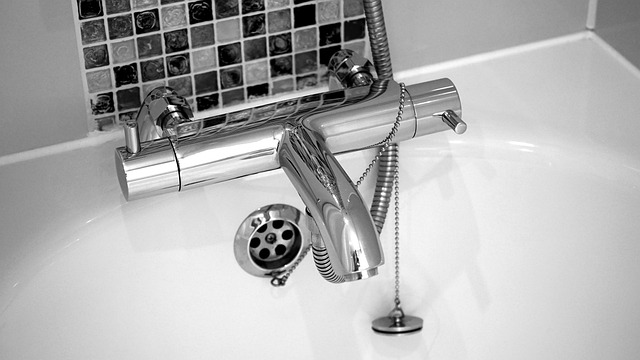Regular plumbing inspections, proactive maintenance, and timely repairs are key to preventing leaks and ensuring efficient water pressure. Homeowners should schedule routine checks for corrosion, leaks, and water pressure testing. Preventing sediment buildup through water softeners and filter maintenance optimizes water flow. Replacing outdated fixtures minimizes clogs, improves efficiency, and reduces the risk of costly emergency repairs. By adopting these plumbing maintenance tips, homeowners can protect their homes from damage, lower utility bills, and prolong the lifespan of their plumbing systems.
In today’s digital era, educating your household on plumbing care is more vital than ever. This comprehensive guide, “Plumbing Maintenance Tips: A Comprehensive Guide for the Whole Family,” delves into essential aspects of maintaining a healthy plumbing system. From regular inspections that prevent costly repairs to leak prevention strategies and understanding water pressure, every family member can contribute to keeping pipes clean and fixtures in top shape. Learn about sediment removal and fixture replacement tips to ensure a smooth-running plumbing system.
- Plumbing Maintenance Tips: A Comprehensive Guide for the Whole Family
- Why Regular Inspections Are Key to Avoiding Costly Repairs
- Leak Prevention Strategies: Protecting Your Home and Savings
- Understanding Water Pressure: Optimizing Flow and Efficiency
- Keeping It Clean: Sediment Removal and Fixture Replacement Tips
Plumbing Maintenance Tips: A Comprehensive Guide for the Whole Family
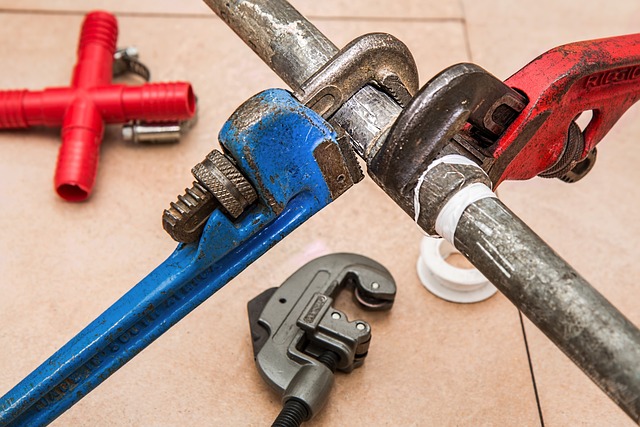
Maintaining your home’s plumbing system is essential for ensuring a steady supply of clean water and preventing costly repairs. Involving every family member in these tasks can create a culture of responsible home ownership. Start by scheduling regular inspections to identify potential issues early on. These checks should include examining pipes for corrosion, checking for leaks around fixtures, and testing water pressure to ensure it remains within safe limits.
Another crucial aspect is addressing leak prevention strategies. Regularly inspect faucets, toilets, and appliances for any signs of dripping or seeping. Addressing small leaks promptly can save hundreds of dollars in utility bills and prevent water damage to your home’s structure. Additionally, implementing sediment removal techniques will keep your plumbing system running smoothly. Install water softeners and regularly clean or replace filters to maintain optimal water pressure and flow. Keep an eye out for hard water deposits on fixtures and appliances, as these can be signs of sediment buildup. When necessary, consider fixture replacement to stay ahead of wear and tear.
Why Regular Inspections Are Key to Avoiding Costly Repairs
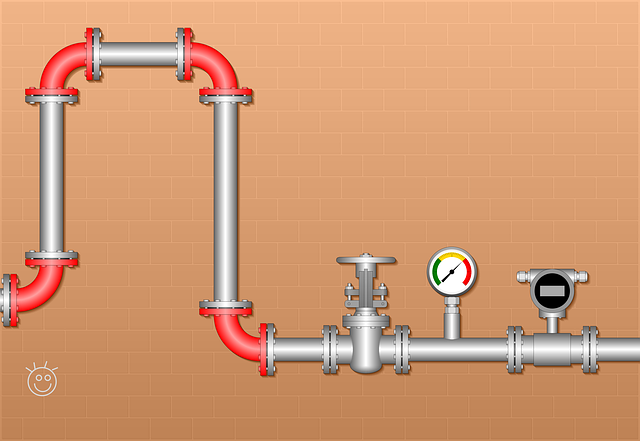
Regular inspections are a key component in maintaining your home’s plumbing system and preventing costly repairs. By scheduling routine check-ups, you can catch potential issues early on, before they escalate into major problems. Plumbing maintenance tips recommend inspecting for any signs of leaks, as even tiny drips can lead to significant water damage and elevated utility bills over time. Regular checks also allow for the evaluation of water pressure, ensuring it remains at optimal levels for efficient use and preventing strain on fixtures and appliances.
Additionally, these inspections provide an opportunity to address sediment buildup in pipes, which can cause clogs and reduce water flow. Prompt sediment removal is crucial for maintaining the integrity of your plumbing system. Lastly, regular inspections make it easier to identify outdated or damaged fixtures that may need replacement, saving you from unexpected breakdowns and costly emergency repairs.
Leak Prevention Strategies: Protecting Your Home and Savings

Leak prevention is a key aspect of plumbing care that can save you significant time and money in the long run. Regular inspections are crucial to identifying potential issues early on. By scheduling routine check-ups with a professional plumber, you can catch leaks before they cause substantial damage or lead to costly water waste. Simple strategies like checking for loose connections, inspecting pipes for visible cracks or corrosion, and ensuring proper water pressure regulation can make a big difference.
In addition to regular inspections, implementing plumbing maintenance tips such as sediment removal from fixtures and regular replacement of old or damaged fittings can help prevent leaks. Sediment buildup can cause clogs and reduce water flow, leading to potential leak points. Keeping your plumbing system well-maintained not only extends the life of your fixtures but also protects your home’s structural integrity and financial stability by preventing costly repairs due to water damage.
Understanding Water Pressure: Optimizing Flow and Efficiency
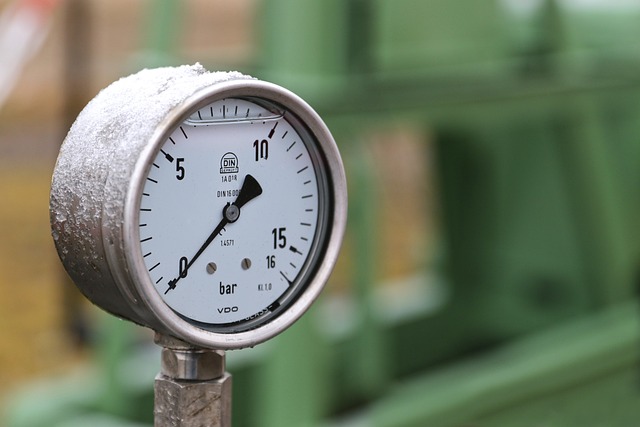
Understanding Water Pressure is a crucial aspect of effective plumbing care. High pressure can lead to fixture damage and inefficient water usage, while low pressure results in reduced flow rates and less-than-satisfactory performance. Regular inspections allow for the monitoring of pressure levels and early detection of any issues. Plumbing maintenance tips include checking for leaks, which can significantly impact water pressure and waste resources. Sediment removal is another important aspect; buildup can clog pipes and reduce water flow, necessitating fixture replacement over time. By prioritizing regular inspections and adopting leak prevention measures, homeowners can optimize their water pressure, enhance fixture efficiency, and ensure the longevity of their plumbing systems.
Keeping It Clean: Sediment Removal and Fixture Replacement Tips
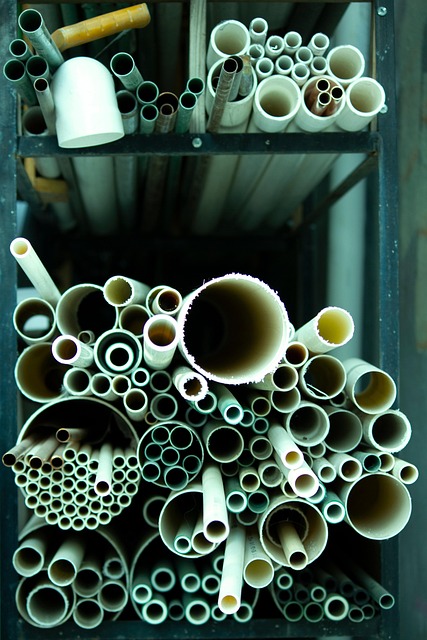
Keeping your home’s plumbing system in top shape requires regular care and attention. One of the most important aspects is ensuring that sediment buildup is minimized. Sediment can accumulate in pipes, reducing water pressure and potentially causing damage to fixtures. Regular inspections should be conducted to identify any signs of sediment accumulation, particularly in older homes. Implementing simple maintenance tips like removing sediment from water heaters and drain traps can go a long way in preventing leaks and maintaining optimal water pressure.
When it comes to fixture replacement, staying proactive is key. Over time, plumbing fixtures can wear out or become inefficient. Regular checks for signs of damage, corrosion, or reduced performance can help you anticipate replacement needs. Opting for energy-efficient models and ensuring proper installation during replacements can contribute to long-term plumbing health, leak prevention, and water conservation.
